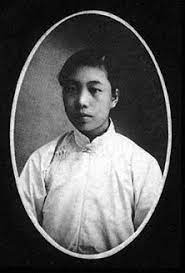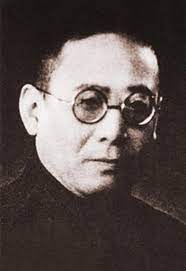Yü Ta-fu (1896-September 1945), a founding member of the Creation Society and one of the most important Chinese writers of the 1920's. The youngest of three boys born into a poor but scholarly family in Fuyang, Ghekiang, Yü Ta-fu received his early education in a variety of schools, including the Hangchow First Middle School. He […]








